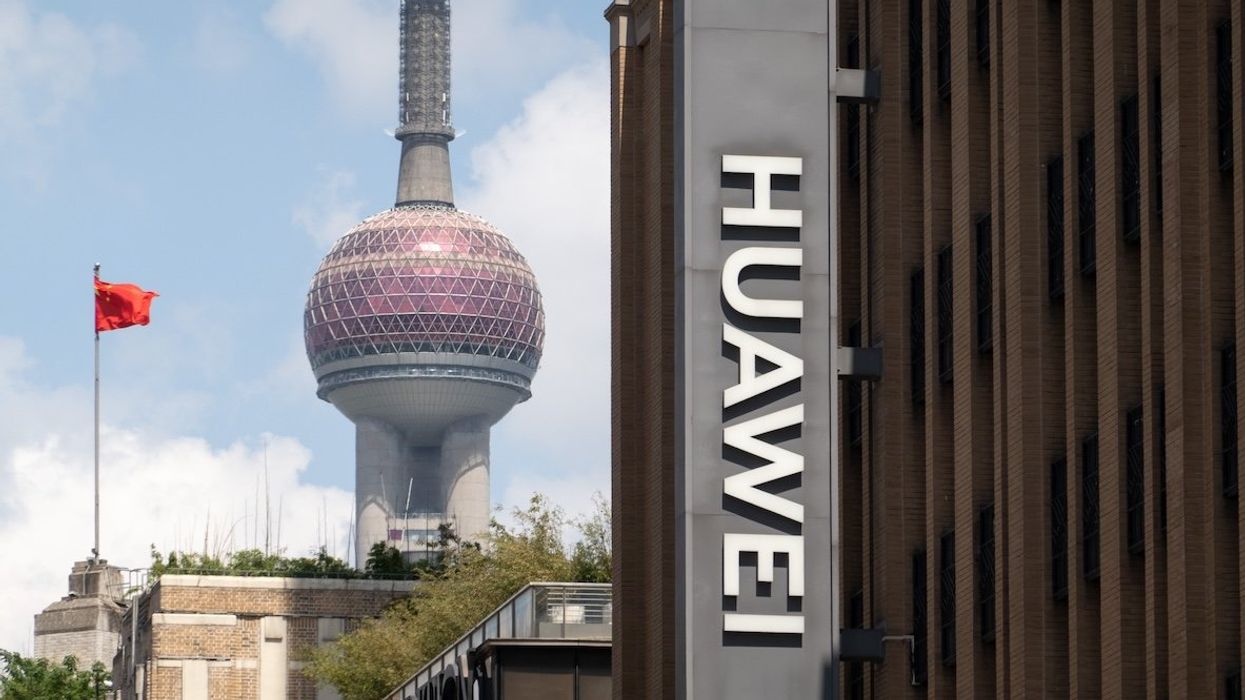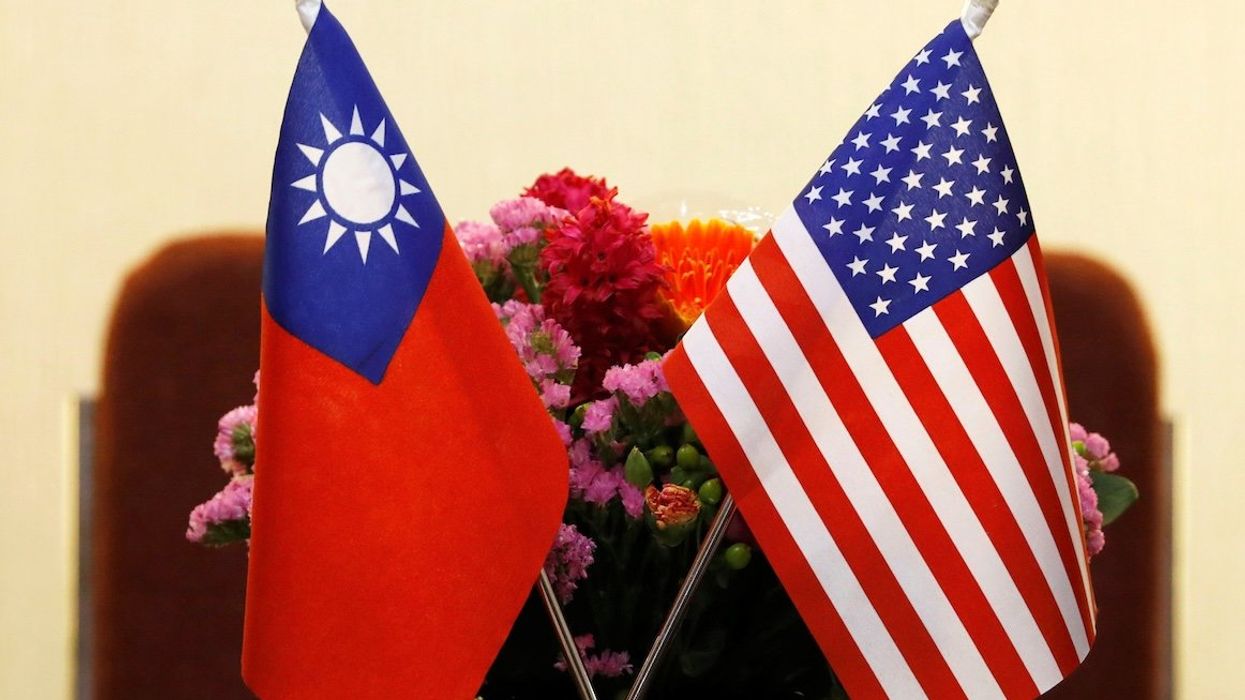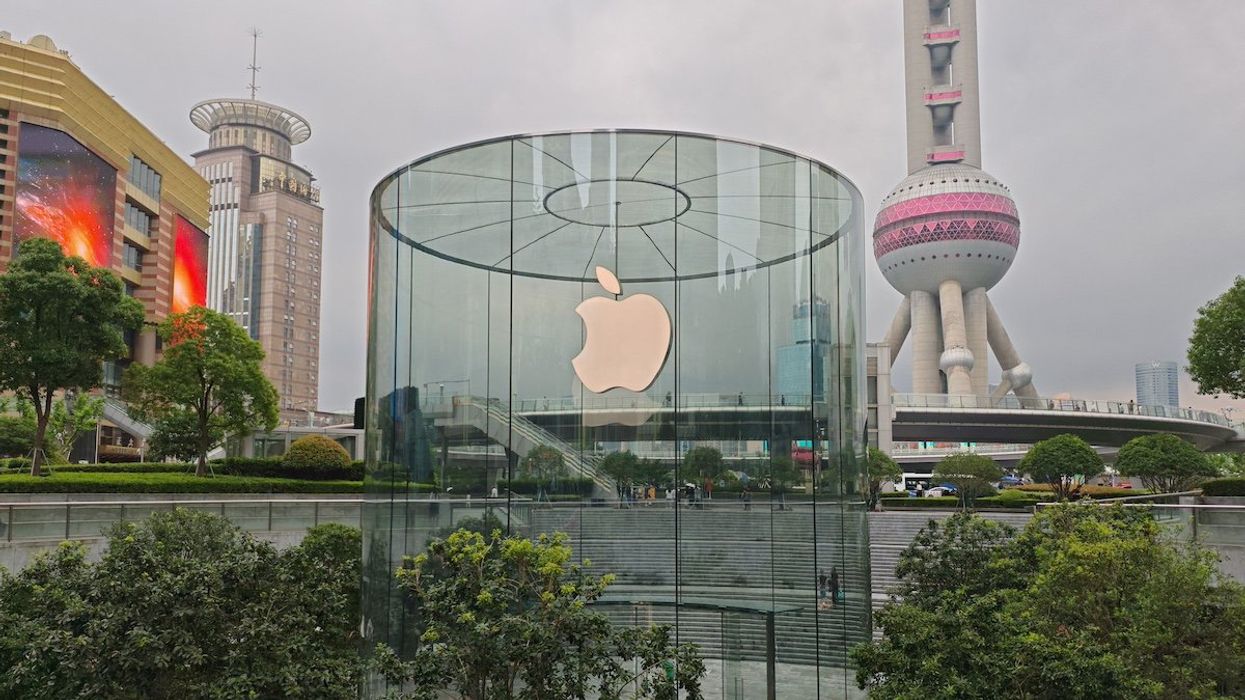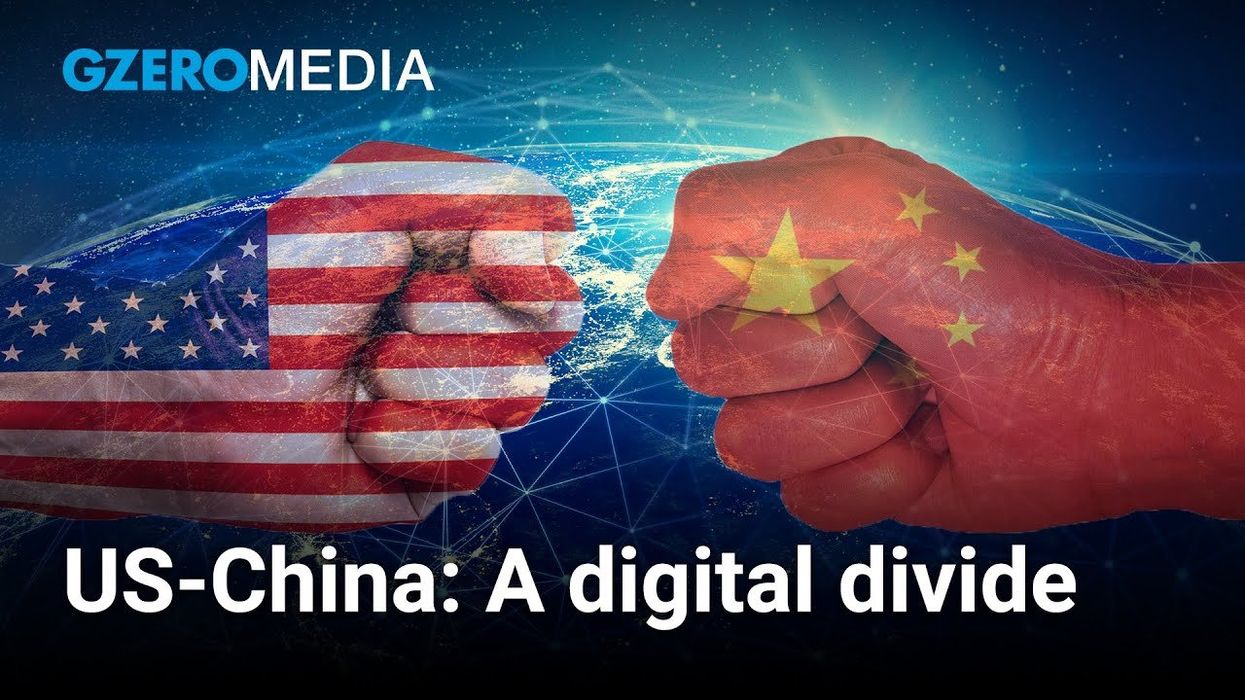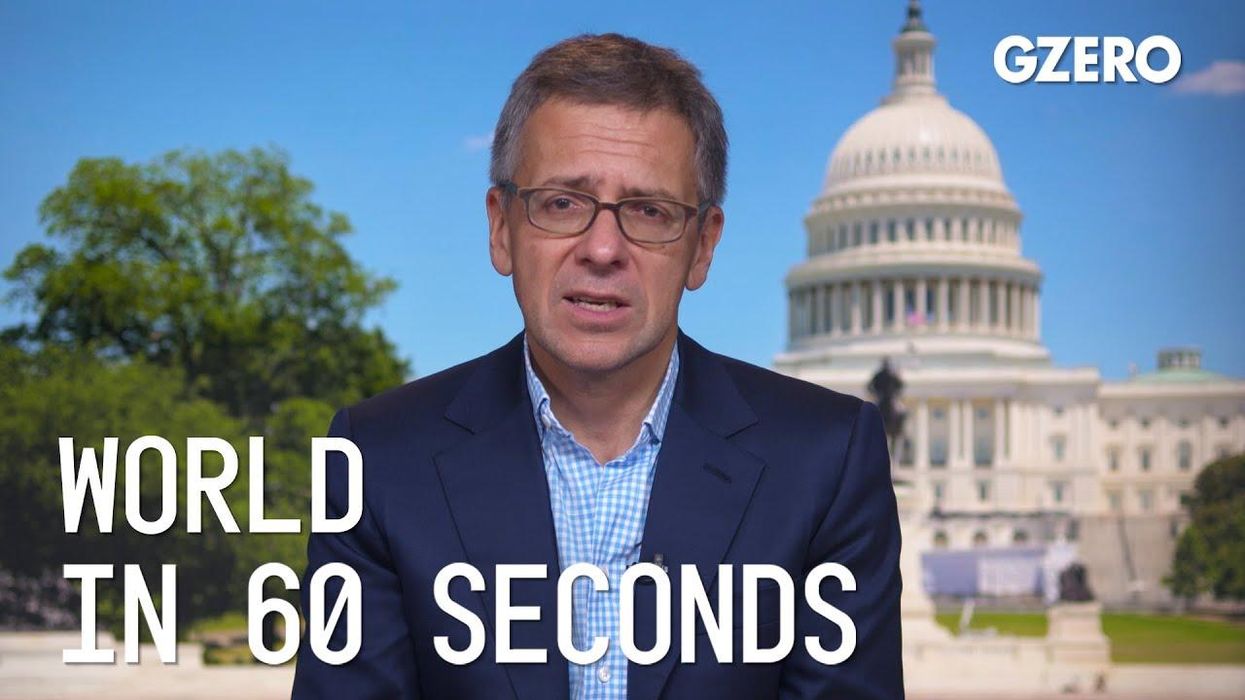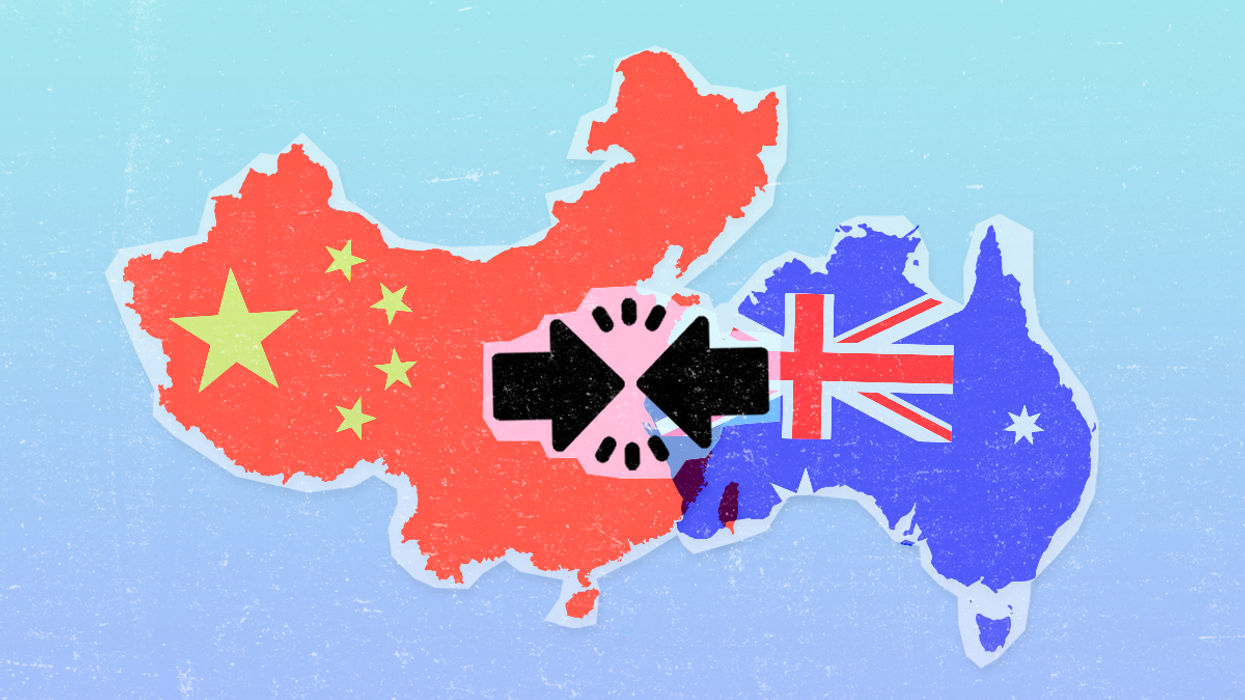GZERO AI
The US is thwarting Huawei’s chip ambitions
Huawei, the Chinese technology giant, has set its sights on challenging US chipmaker Nvidia for global dominance. The company intends to ramp up production of its Ascend 910C chips in the first quarter of 2025 despite facing manufacturing hurdles.
Nov 26, 2024
